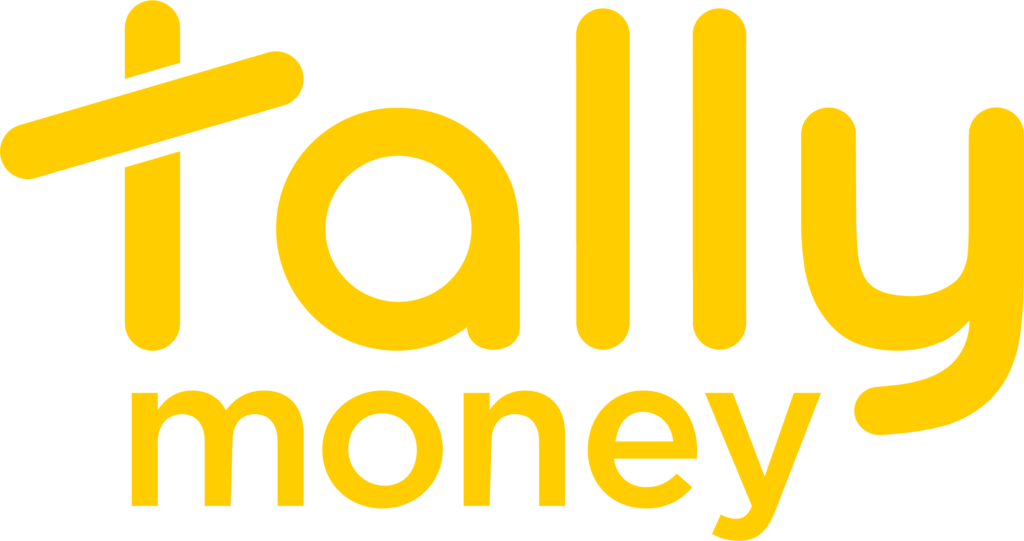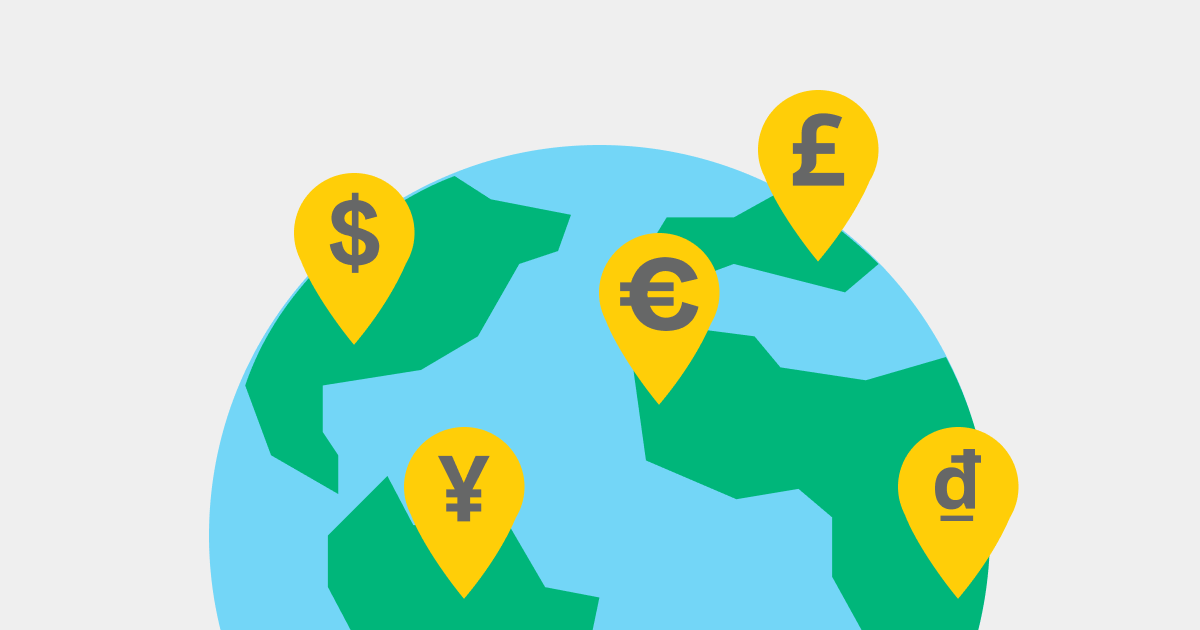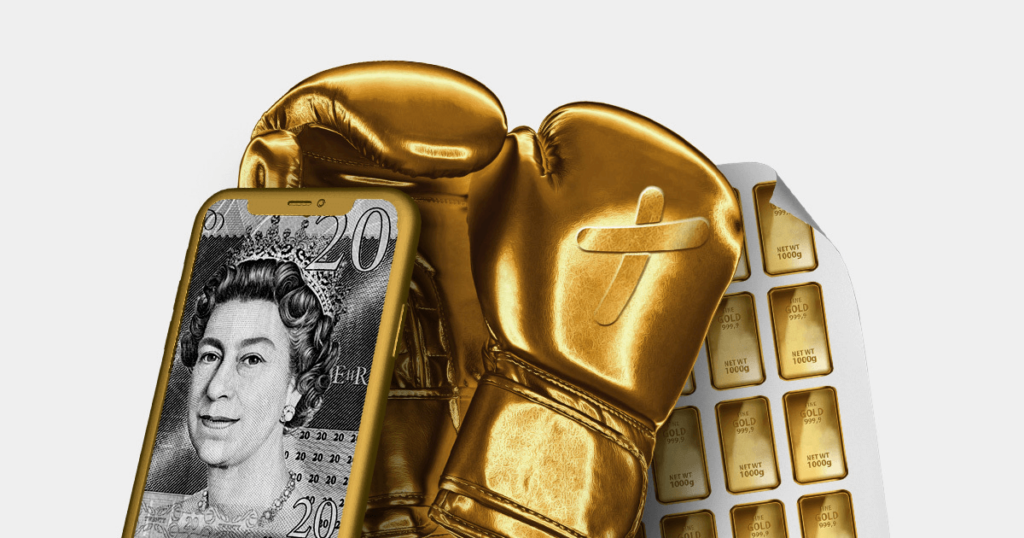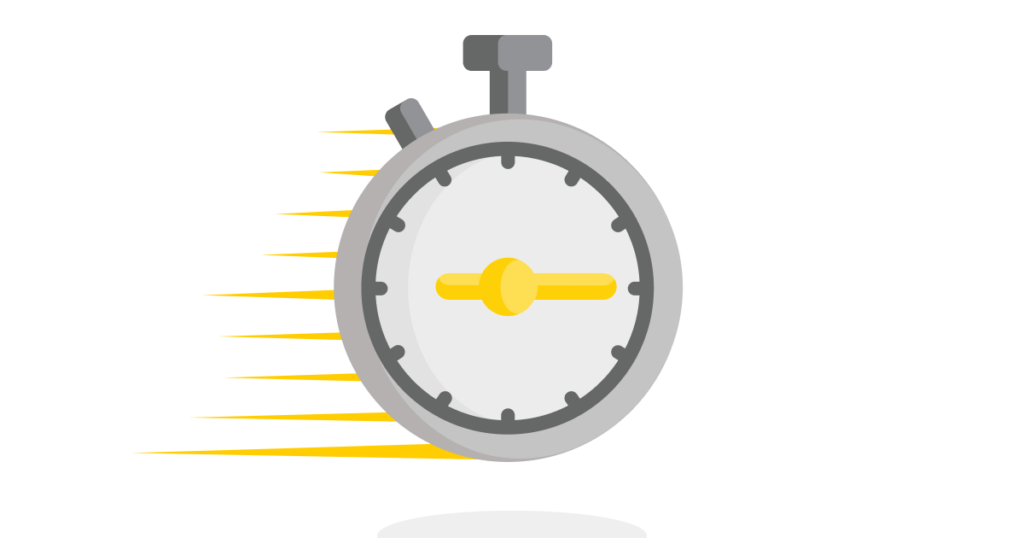In 1971 President Nixon closed the gold window, which meant that the US$ was no longer convertible into gold by other central banks. The ability for central banks to convert their US$ holdings into gold meant that trade deficits really did matter. If the United States bought a lot more goods from one country than it sold back to them, then at some point the foreign central bank would want to convert their US$ into gold.
What finally broke the Bretton Woods agreement that pegged the US$ to gold at $35 per troy ounce, was when the French government sent a warship to New York harbour to collect the French central bank’s gold from the New York federal reserve – once this had happened the Bank of England and other central banks started to demand gold for their US dollars, which of course meant the US federal reserve would be left with no gold. So President Nixon closed the gold window and from that point all currencies established their value through interest rates, and the confidence that the market had in that country to achieve economic stability.
The end of the Bretton Woods agreement has resulted in a 50 year debt super cycle that may now be coming to an end. Forms of money or currencies are the ‘oil’ that facilitate economic activity. We have been operating under a broken system that has distorted capitalism.
Most economic activity happens at a local or regional level, yet the ‘oil’, or money, that facilitates this is run at a global level. When the global currencies are distorted through huge debt leverage, this has an impact on local economic activity. We have seen this through the hollowing out of industries in certain parts of the world and property bubbles in other parts.
Local currencies would act like a glue to communities and encourage more local trading activity which would mean less reliance on global supply chains which is particularly relevant in areas of national security such as food production.
National currencies help balance international trade deficits or surpluses, so why do we not have regional currencies to maximise local economic activity?
Historically there would have been numerous questions on the viability of local currencies and in particular who would manage them and the inherent risks that any currency brings? Would there need to be numerous local central banks who would issue local bank notes? On top of these questions, governments and their central bank want to keep control of the money so that they can easily borrow more money by simply printing or creating more money to buy government bonds.
The geopolitical knock on effects of the Coronavirus combined with technological developments means that one day, regional currencies could flourish.
Rather than backing these regional currencies with government debt, they could be backed by a network of producers and makers, like a kind of digital barter system for local and approved businesses.
These sorts of innovations may still be a few years off, but Tally (physical gold you use as money in your banking account and a debit card) is already here giving UK residents a choice of mainstream money.








